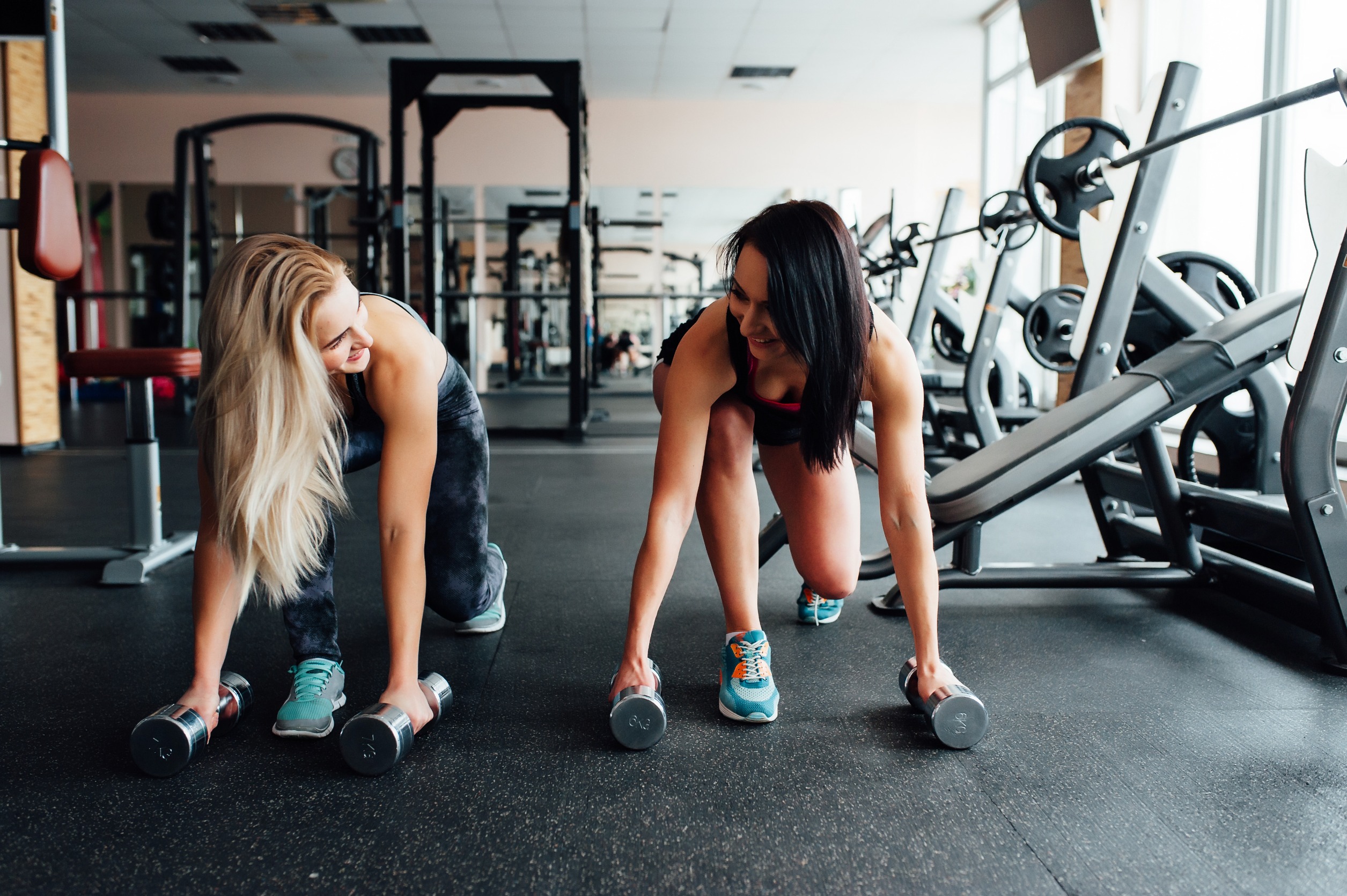BY THE OPTIMIST DAILY EDITORIAL TEAM
Christine Yu, an award-winning sports journalist, is challenging the current quo in a male-dominated fitness sector that includes everything from research papers to gym regimens. As the author of Up to Speed: The Groundbreaking Science of Women Athletes, Yu pushes for a new strategy that takes into account women’s specific requirements. “Your body shouldn’t be considered a limitation,” Yu emphasizes, noting that women and men have fundamental physiological differences impacting exercise performance. She presents three important, women-specific exercise ideas below to help any woman approach fitness in a healthier way.
1. Make strength training a priority
First and foremost, Yu advises against skipping the weights. Strength training is one of the most effective workouts for increasing longevity. It’s a method of maintaining muscular mass, which Yu claims is a predictor of both health and longevity. Unfortunately, many women are still hesitant to engage in strength training due to societal expectations to avoid “bulking up.” “Girls aren’t encouraged to go to the gym and lift,” says Yu, whereas boys’ sports teams often promote gym time from a young age.
However, the benefits are too substantial to overlook. Strength training is more than just growing muscles; it also promotes bone health, which is especially important as we age. Muscle is known as the “organ of longevity,” and for good reason. Strengthening your muscles early on provides the groundwork for improved health over time, reducing bone loss and increasing resilience to injury. So, if you’ve been putting off strength training, think about starting with simple workouts recommended by experts. Don’t worry—you won’t “bulk up” overnight.
2. Eat enough to power your workout (and your life!)
When it comes to diet, Yu’s advice is surprisingly straightforward: eat enough. “The most important thing is to make sure that you’re eating enough,” she stresses. “When you don’t have enough fuel—not only to support daily activities of life but to support your exercise—you dig yourself into this hole in which you don’t have enough energy.”
Without enough nutrition, Yu continues, your body may seek to preserve energy by shutting down non-essential functions. This can cause irregular menstrual cycles and have an impact on gastrointestinal health, cardiovascular health, and even emotional well-being. Furthermore, underfueling affects exercise performance, which is counterintuitive for those looking to enhance their fitness. “You’re not going to adapt to your training, you’re not going to recover well, you’re not going to perform well,” Yu notes.
Rather than suggesting a specific diet, Yu advocates prioritizing consistency and appropriate intake throughout the day to minimize energy deficiencies. She explains that even a 300-calorie deficit—roughly the size of a snack—can make a difference. “Just make sure you’re getting enough food in your body to support what you’re doing,” she says.
3. Rest and recovery are part of the process
Strength training is important, but so is understanding when to recover. Recovery enables the body to mend and adapt, making it an important part of long-term fitness achievement. “At my age, I do need to make sure I’m hitting the gym and strength training; I do need to make sure I’m hydrating and paying attention to my nutrition; [and] I do need to make sure that I’m resting and recovering because my body needs more of that time,” Yu shares.
It’s tempting to push yourself through every workout, especially if you see results, but pushing your body too hard can lead to damage. “If I do want to continue doing these things in the long term, I do have to be patient,” Yu says. Injuries often require more recovery time than if you’d simply incorporated rest in the first place. Stretching, foam rolling, and acupuncture are all fantastic strategies to enhance muscle healing and ensure your body’s long-term strength.
The bottom line: embrace your journey
Yu’s takeaway message is simple but effective: listen to your body, respect it, and don’t rush the process. “Respect your body where it is,” she declares. A balanced approach to strength training, good nutrition, and recovery can make a significant difference in your fitness journey. So take it one day at a time, and remember that the ideal fitness routine is one that works for your specific body.











